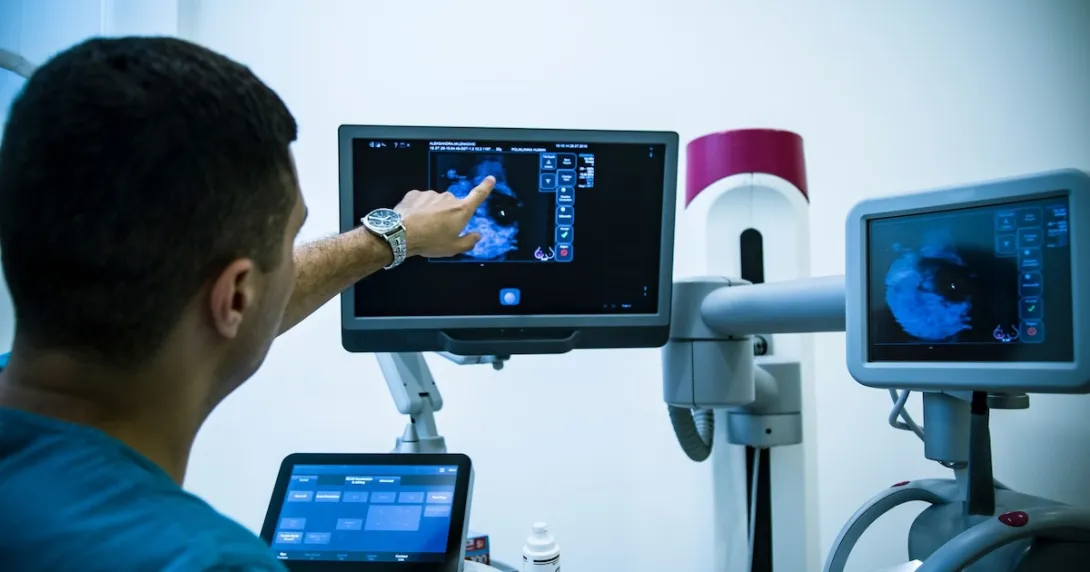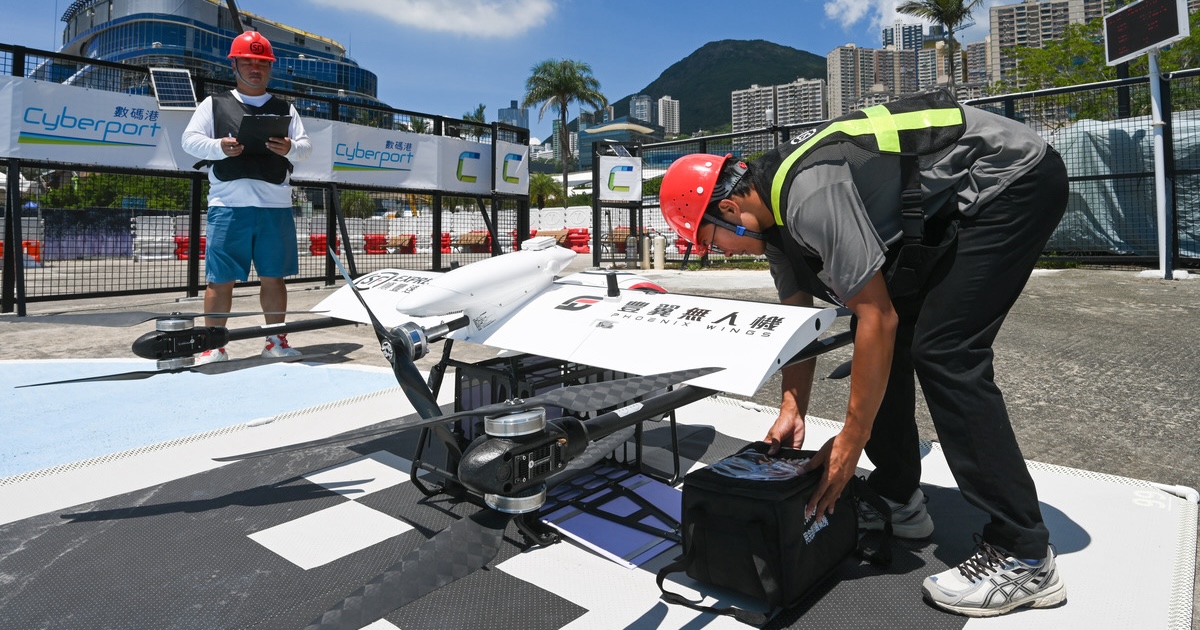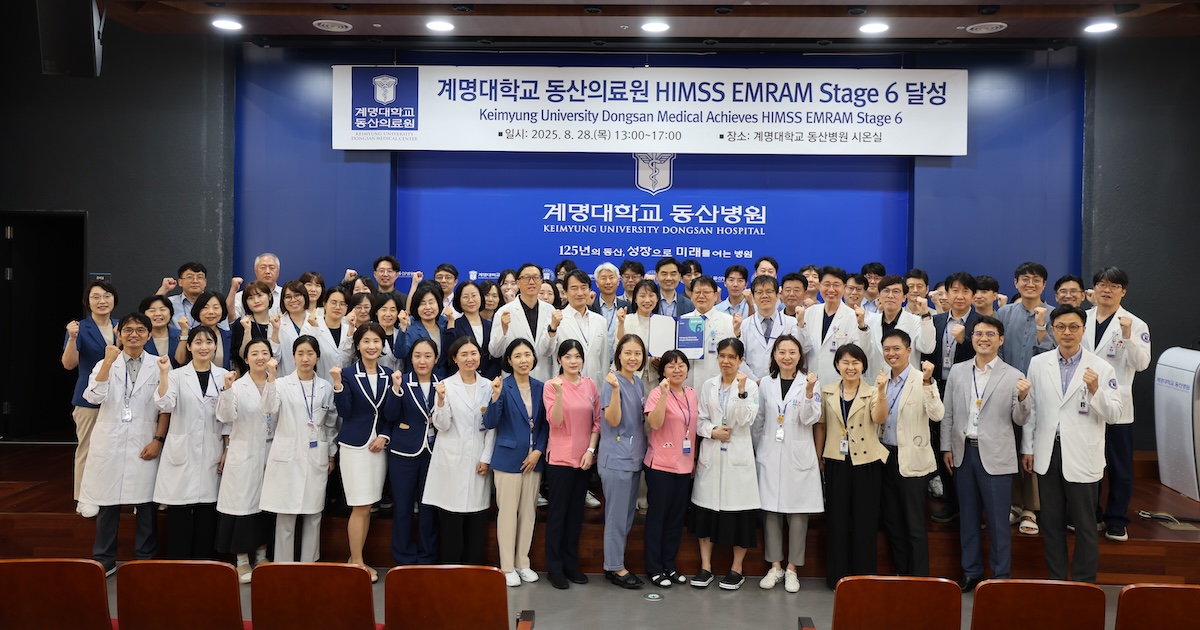
Photo: Radovanovic96/Getty Images
Punjab launches AI-powered cancer, vision screening
Punjab, the Indian state bordering Pakistan, has rolled out a new programme featuring AI-powered devices for the early screening of breast cancer, cervical cancer, and vision impairment.
Implemented in partnership with non-profit venture platform ACT Grants, the state-wide initiative will deploy portable, radiation-free screening tools across eight districts. These include Thermalytix by Niramai for breast cancer, Smart Scope by Periwinkle for cervical cancer, and a portable autorefractometer by Forus Health for refractive errors.
The state programme aims to conduct at least 600 eye check-ups and 300 breast and cervical cancer screenings each day to boost early detection and ease the burden on tertiary hospitals. Punjab currently records some of the lowest screening rates in India, with just 0.3% of women aged 30-49 screened for breast cancer and 2.4% for cervical cancer, even as incidence rates continue to rise.
CUHK heads global eye imaging AI initiative
The Chinese University of Hong Kong (CUHK) Faculty of Medicine is spearheading an international consortium to create a globally representative foundation AI model in healthcare using retinal images.
A media release describes the project as building one of the world's most geographically and ethnically diverse datasets for AI in healthcare, consisting of around 100 million retinal images from over 65 countries.
The open-source model will primarily support research into eye diseases, such as glaucoma and diabetic retinopathy, as well as systemic conditions, including cardiovascular and neurodegenerative disorders.
The research consortium, which also involves the National University of Singapore, University College London, and the NIHR Moorfields Biomedical Research Centre, aims to overcome limitations of existing models trained on narrow datasets.
CUHK expects the project to establish new global benchmarks for fairness and generalisability in AI in healthcare, allowing doctors to build applications with minimal data and computational needs.
Nova IVF in India adopts Korean AI
Nova IVF Fertility, one of India’s largest fertility services, is rolling out an AI-based embryo analysis software from South Korea.
Kai Health's Vita Embryo uses globally trained AI to analyse embryo images and detect subtle patterns that support the selection of viable embryos. The software has already secured regulatory clearance in South Korea, India, Singapore, and Europe.
The fertility service, which performs over 20,000 in vitro fertilisation procedures each year, is implementing the AI software across its 120 clinics in 65 cities by year's end.
BHU unveils real-time bed availability system
The Trauma Centre at Banaras Hindu University (BHU) Institute of Medical Sciences in India has introduced a digital facility that allows patients and their families to track ICU and ward bed availability in near real time.
The system provides details on vacant and occupied beds, attending doctors, emergency census data from the previous day, and the number of patients waiting in the emergency department. Information is updated every five minutes and can be accessed via the Trauma Centre’s website or a mobile-friendly QR code.
The digital implementation aims to eliminate uncertainty around admissions, enhance transparency, and build trust with patients and their attendants.


